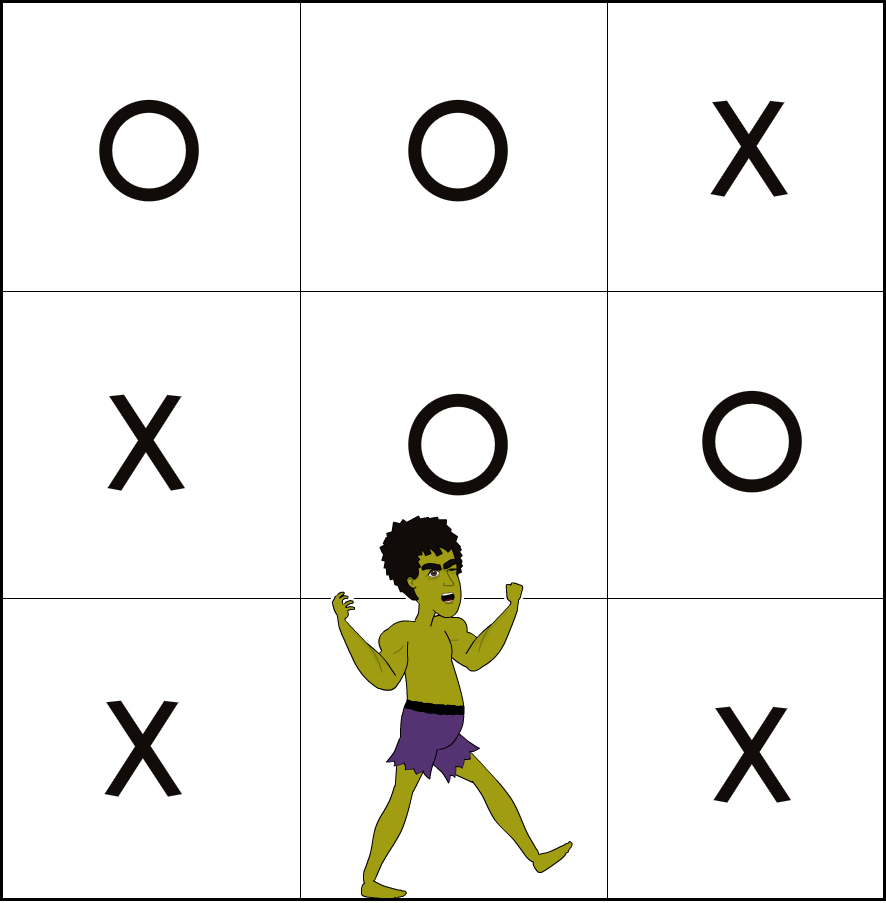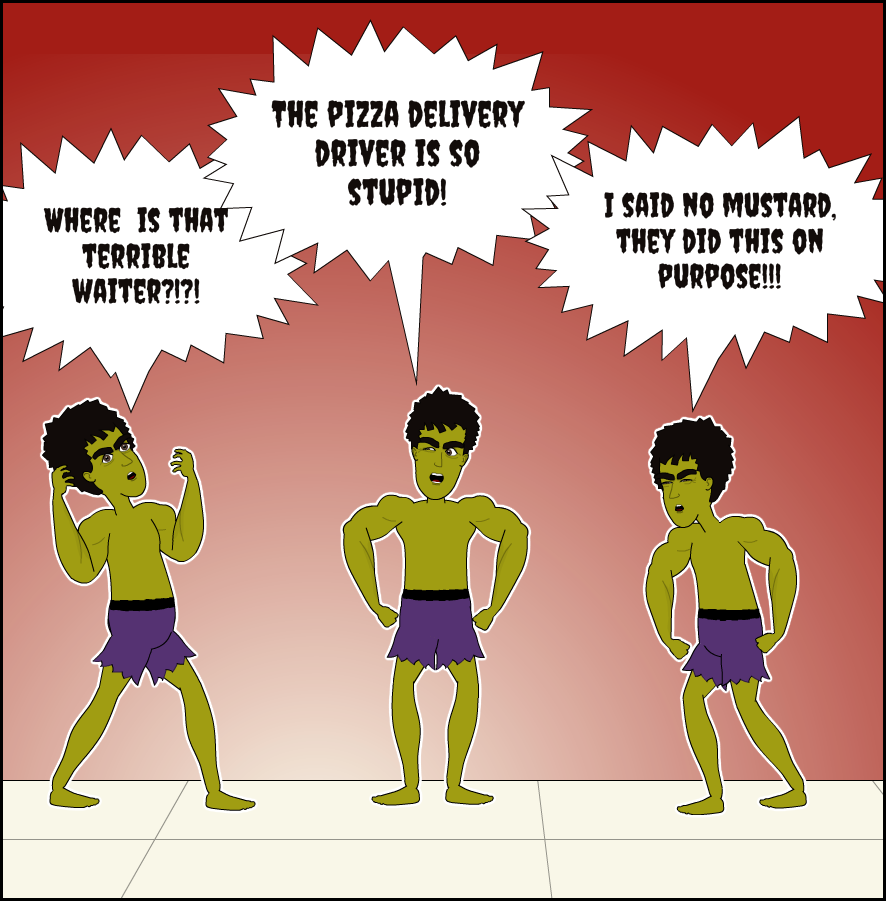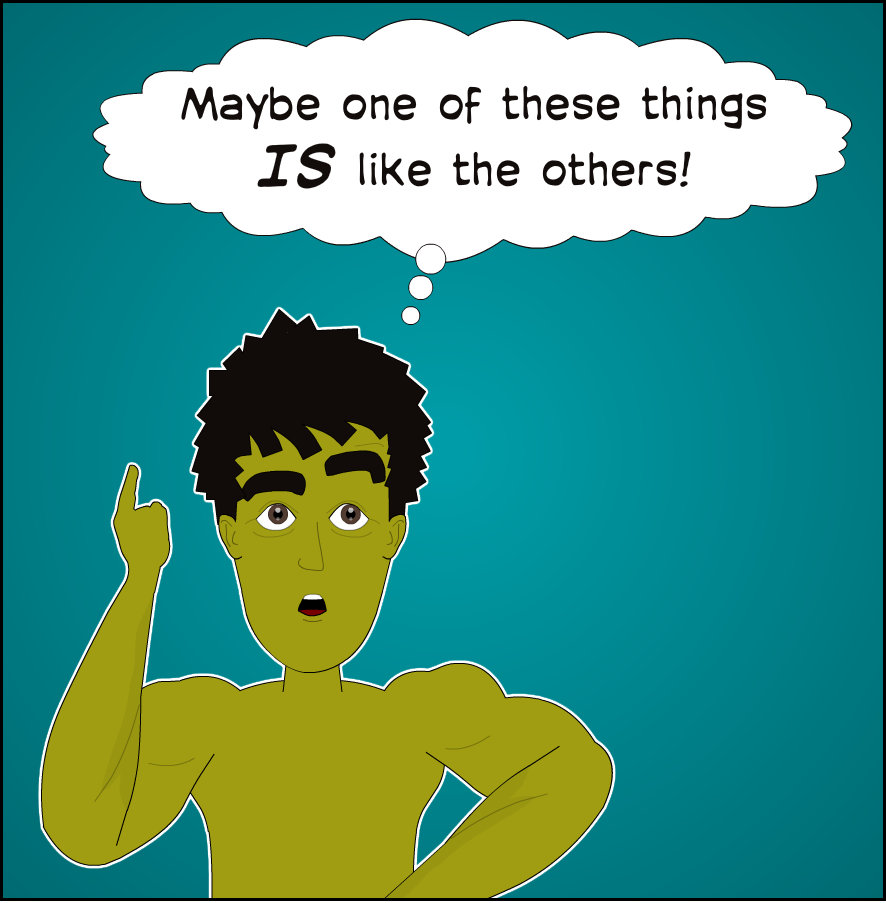
Anger can cause us all sorts of problems, whether it’s broken stuff or damage to our relationships. We can react to anger in all sorts of ways that cause us to have to apologize over and over for the things we say or do, apologies that over time start to mean less and less. Anger at times seems unpredictable as if we “go from 0 to 100,” giving us no time at all to prevent the damage it does. In this article we are going to take a look at the importance of recognizing the pattern in what makes us angry.
One reason people sometimes struggle with managing their anger is that they see situations that they have become angry in as unique from one another, as if each time they get angry it is for some different reason. There are no doubt sometimes different reasons why we become angry but if we looked at every time we had ever become angry, we would start to see a pattern of sorts. So by believing the idea that all situations are unique, it becomes very difficult for us to predict what it is that might make us angry.
Let’s consider the following, imagine that in the past two weeks you have become easily angered by a waiter at a restaurant for taking too long to take your order order, a pizza delivery person for getting lost on their way to drop off your pizza, and a fast food drive thru for getting your order mixed up. If you tell yourself that the waiter was bad, the pizza delivery person was dumb, and that drive thru messed your order up intentionally then you will most definitely have a hard time seeing a common theme. What would it mean if we noticed that each one these situations occurred around lunchtime? Rather than 3 people at 3 different establishments being incompetent, it could be possible instead that the anger came from being hungry. By looking for what could have been similar between these situations we can now gain some insight to help prepare ourselves for future situations.

By noticing the pattern of hunger, we can now plan ahead. This could be as easy as planning to have a snack between breakfast and lunch. This way, we can make it to lunch without being irritable and if something small happens, like a slow waiter, we can react in a way that gets us what we want without screaming at the waiter and later avoiding the restaurant because we are too embarrassed to go back. By accepting that each situation is not necessarily different it helps us to begin taking note of things that are common to situations where we get angry and then allows us to do something about it. These commonalities can take all sorts of forms which will be discussed in future articles, things like our internal responses, assumptions we make, the people who we get angry with, and the topics and situations that frustrate us.

Ronald Bristow is a Licensed Clinical Professional Counselor who has been in practice since 2010. He has worked in a variety of institutional environments with a diverse population of individuals. In addition to being a counselor and all around not so angry guy, Ronald is also a Brazilian Jiu-Jitsu black belt who began practice in the martial art in 2005. Ronald has avid interests in mental health topics such as anger management, depression, and anxiety as well as general science, and hobbies.
